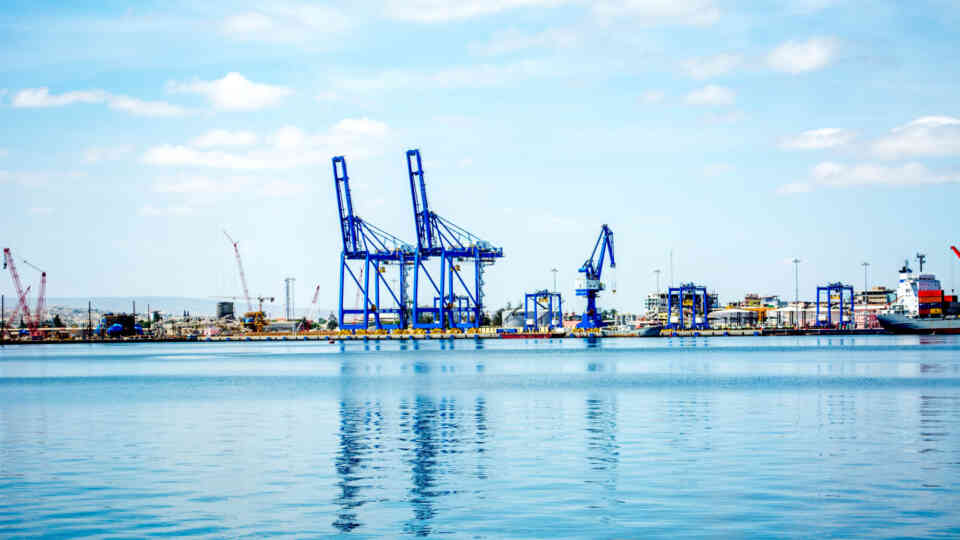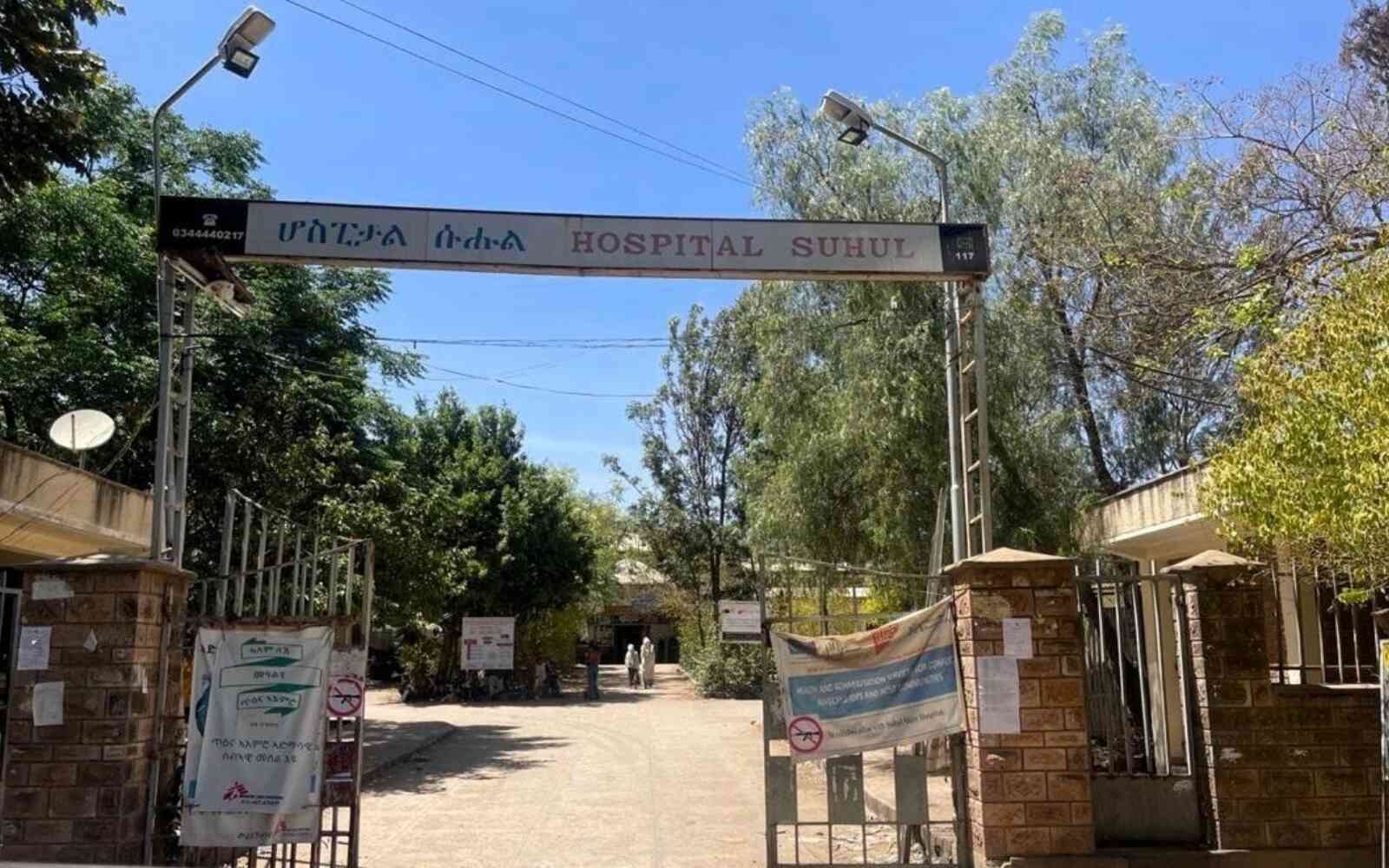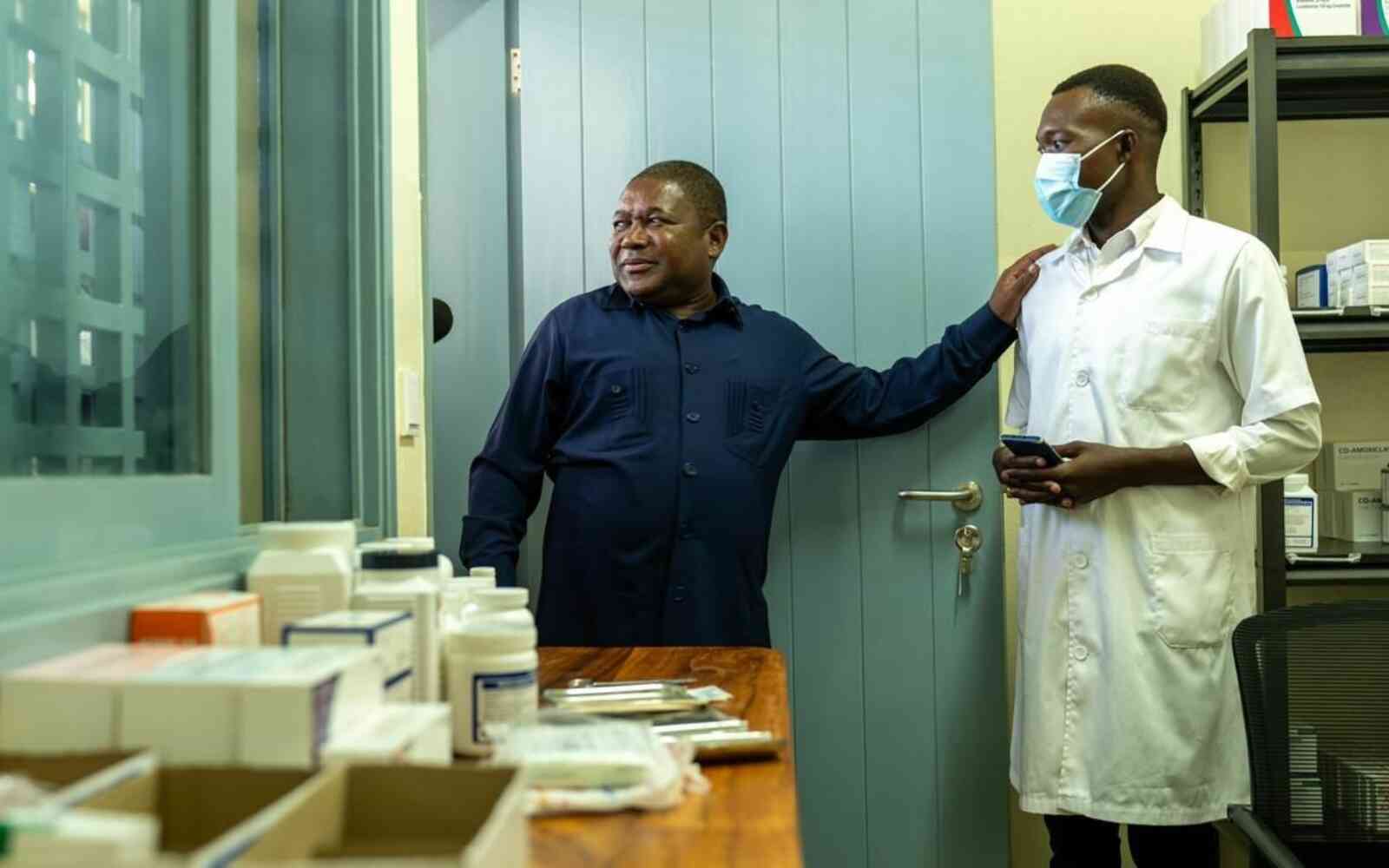The United Nations Office for Project Services (UNOPS)
Fostering resilience and economic diversification in Angola's Lobito Corridor
UNOPS is working with the government of Angola with funding from Japan to support a transition from subsistence to commercial farming with high-value export crops.
UNOPS will work with the government of Angola and local representatives to support sustainable agricultural development by developing last-mile infrastructure that directly connects rural communities to the broader opportunities of the Lobito Corridor.
The project will enhance agricultural resilience and the market participation of smallholder farmers in Angola’s Huambo and Benguela Provinces, with more than 107,000 people benefiting.
As part of the three-year project, UNOPS will implement climate-resilient infrastructure, including building 15 underground rainwater storage dams and rehabilitating 3 traditional irrigation canals to provide year-round water access for more than 170 hectares of land. This will help farmers increase their annual cropping cycles from 1.5 to 2.5, strengthening their resilience against erratic rainfall and droughts.
UNOPS will also construct 25 eco-cooling storage warehouses, helping farmers reduce post-harvest losses by 20 per cent, extend the shelf life of their products and access larger commercial markets.
"Japan reaffirms its commitment to supporting initiatives that foster sustainable growth and improve the living conditions of communities," said H.E. Hiroaki Sano, Ambassador Extraordinary and Plenipotentiary of Japan to the Republic of Angola.
The project also includes a comprehensive capacity-building programme to train 250 farmers and 50 technicians, ensuring that local communities and Angolan technicians can independently manage and maintain the new infrastructure in the long term.
By combining Japan’s generous support, the commitment of the government of Angola to its national priorities and UNOPS technical expertise, we are building more than infrastructure. We are fostering skills, strengthening knowledge and ensuring the long-term sustainability of agricultural systems.
Seven municipalities have been identified for project implementation. The selection of specific sites will be conducted in the first phase of the project in collaboration with Instituto de Desenvolvimento Agrario.
Read more here.














